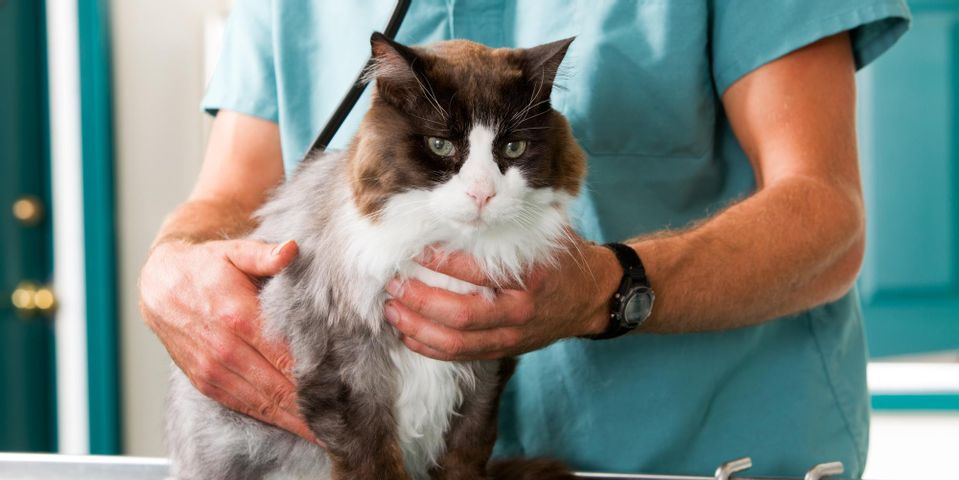Adopted a Cat? What to Know About Vaccinations

Cats are happiest when they are healthy. Therefore, in addition to showering them with lots of love, make sure they have nutritious food, fresh water, opportunities for exercise, and their recommended pet vaccinations. The guide below explains which ones are most necessary on what schedule.
When Should Vaccinations Begin?
Your cat will require multiple vaccinations during the course of their life. Veterinarians typically start administering vaccines between six and eight weeks. They’ll continue every three or four weeks until the cat is about 16 weeks old. Boosters may be required into adulthood. For instance, cats typically need rabies boosters every one to three years after the initial round of immunizations.
Which Vaccinations Must My Cat Have?
Not all cats require every vaccine available. However, veterinarians recommend all cats receive the following:
 Rabies: Most states require that all cats receive a rabies vaccination due to how dangerous this virus can be to animals and humans. Without proper care, rabies is usually fatal.
Rabies: Most states require that all cats receive a rabies vaccination due to how dangerous this virus can be to animals and humans. Without proper care, rabies is usually fatal. - Feline Calicivirus: This virus causes serious respiratory issues in infected cats, which can be life-threatening depending on the severity of symptoms. It’s often spread through direct contact, but can also be acquired via secondary contact (such as shared food and water bowls).
- Feline Distemper: Also known as feline panleukopenia, distemper is extremely contagious. It affects red blood cells and is associated with anemia, weight loss, dehydration, fever, and vomiting. It can be passed along by contact with infected bodily fluids, but it can also remain on surfaces or be transferred by human handlers.
- Feline Viral Rhinotracheitis: Another type of respiratory infection, feline viral rhinotracheitis is caused by feline herpesvirus 1. It can only be transmitted from cat to cat via direct contact. It causes sneezing, fever, lack of appetite, and eye inflammation.
Your veterinarian can make recommendations about other pet vaccinations depending on the risks facing your cat—based on your area and their lifestyle. This may include Bordetella, chlamydia, and feline leukemia.
If you find it difficult to get your cat to a vet in Denver, CO, Dr. Robin's Housecall Veterinary Services is here for you. She brings more than 12 years of veterinary experience right to your door, whether your cat is in need of pet vaccinations or more advanced treatment. She also provides examinations, nail trimming, microchipping, diagnostic testing, and wound care. Feel free to call (970) 217-1260 to schedule an appointment at your home or visit the website for a full listing of services.
About the Business
Have a question? Ask the experts!
Send your question

